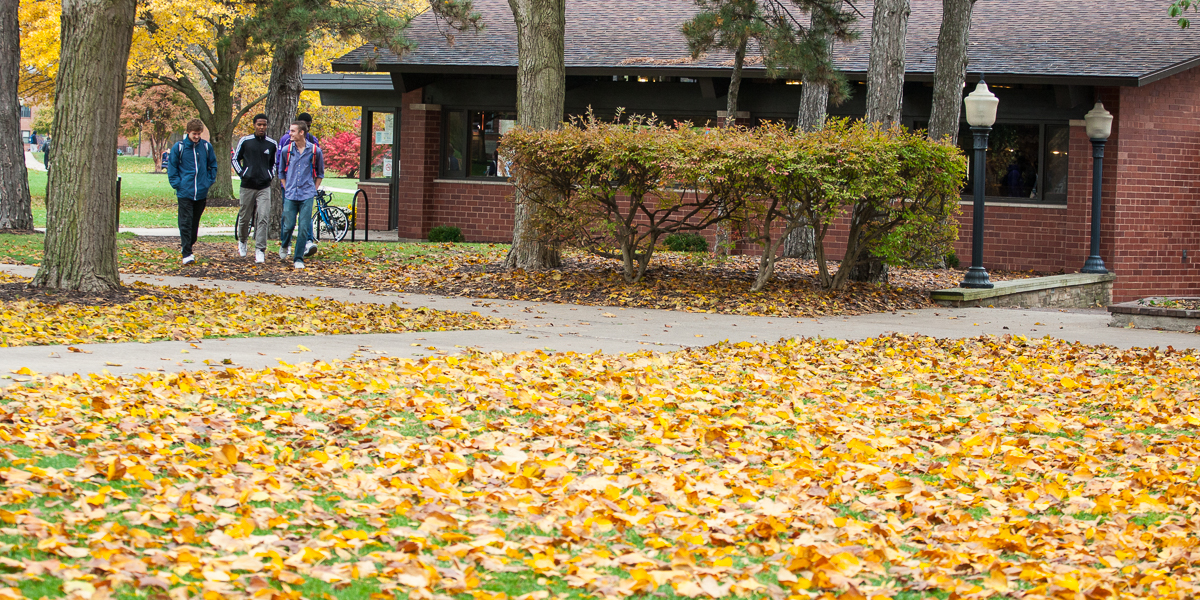

Venture Boldly

April 10 5:00 PM - 6:15 PM
Alumni Room (Old Main 100)
Google Calendar Other Calendar
For the keynote lecture for the Philosophy Department's two-day symposium on the Philosophy of the Body, Dr. Elizabeth Scarbrough (Florida International University) will present a talk titled "Labiaplasty: Empowerment or Suspect Norm?" Here is the description of the talk, which will last around thirty minutes, leaving plenty of time for Q&A:
It has been almost 25 years since Margaret Little wrote “Cosmetic Surgery, Suspect Norms, and the Ethics of Complicity”; since then plastic surgery has only become more popular. In this paper I will discuss one specific trend, that of labiaplasty. Labiaplasty is the most common FCGS (female cosmetic genital surgery) and is the fourth most popular cosmetic procedure in the United States. Women seek out labiaplasty to reduce the size of their inner labia in a procedure dubbed “the Barbie.” There are many reasons for the rise in the desire to seek out labiaplasty. Some of these reasons include the current trend of pubic hair waxing or trimming (which exposes more of the labia to view), the availability of Photoshop to alter pornographic images (to make the labia minora seem less prominent), and the rise in plastic surgeons posting Snapchat videos of labiaplasty surgeries. Dr. Rejuvenation’s YouTube channel advertises the procedure for patients as young as sixteen. Comments on her channel are disheartening. 12-year-old girls report hating their labia for looking like “roast beef.” The American Medical Association is aware of these worries and their Journal of Ethics has published several articles critical of plastic surgeons who push these procedures.
I will extend Little’s argument to this case, arguing that the desire for a Barbie-like labia is what she calls a ‘suspect norm.’ While Little’s article focuses on the ethics of the plastic surgeons performing this surgery, I would like to focus on the ethics and aesthetics of receiving this surgery. Using Carol Hay’s “The Obligation to Resist Oppression,” I will argue that we might have an imperfect duty to resist desires to change our bodies in these ways. My aim is not to shame those who choose this body modification, but rather provide some guidelines for reflection. As A.W. Eaton has argued, changing our taste in bodies (including our own) is difficult. The last section of this paper will use contemporary debates in body aesthetics to offer suggestions to young people considering this surgery.
